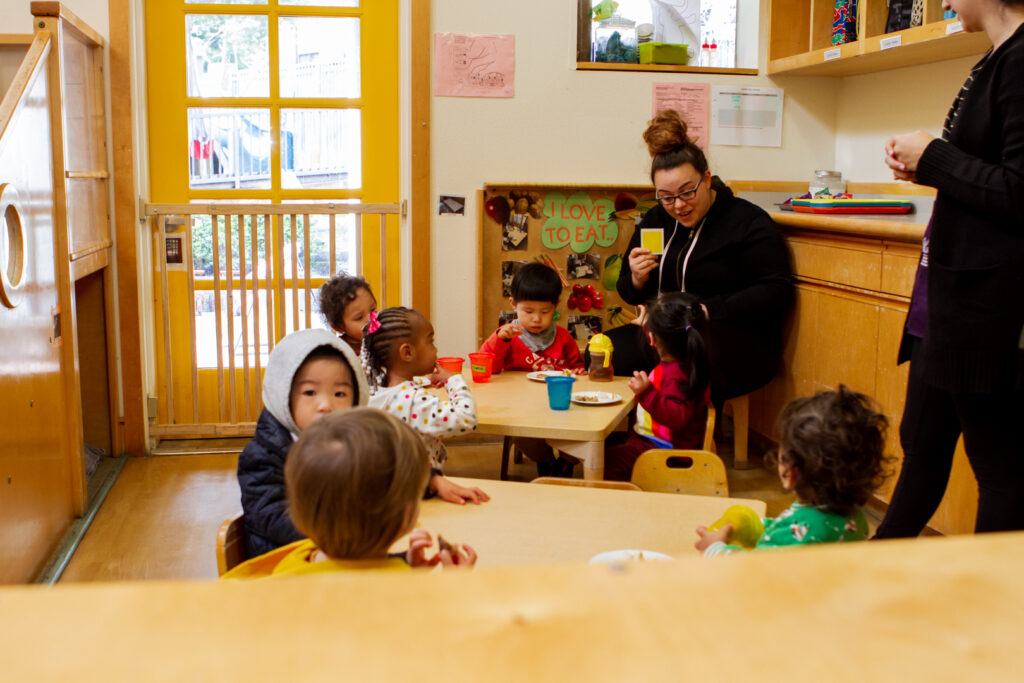
Infant
Student Parent:
$6.06 – $10.14
Non-Student Parent:
$13.17
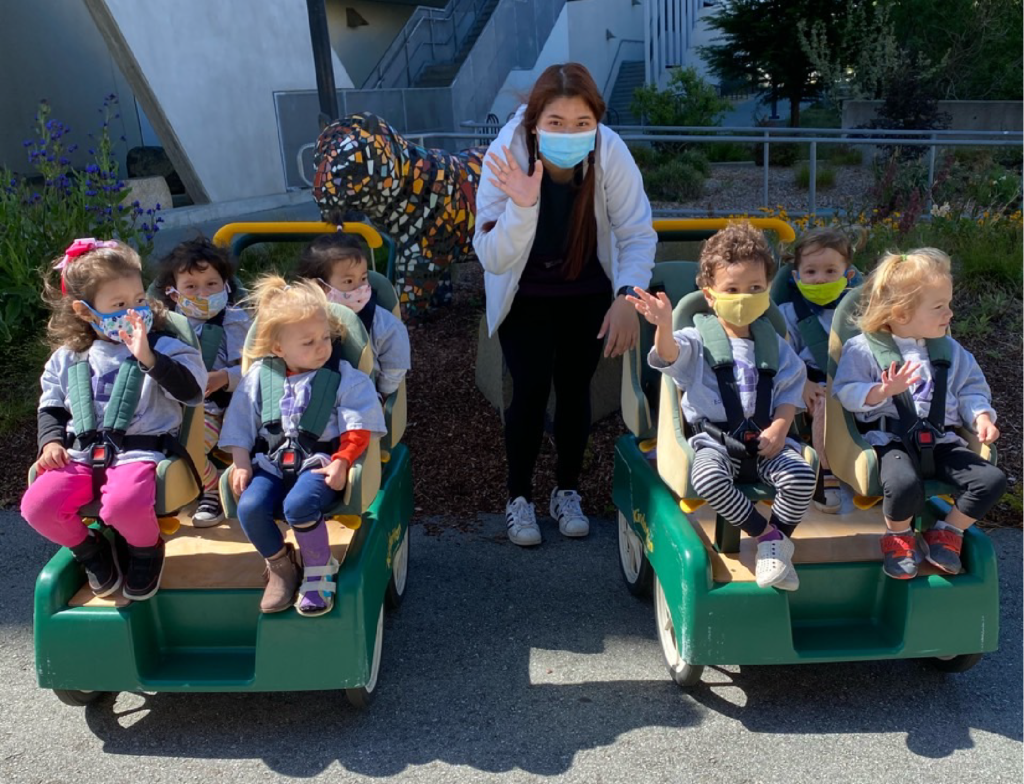
Toddler
Student Parent:
$5.56 – $9.30
Non-Student Parent:
$12.08
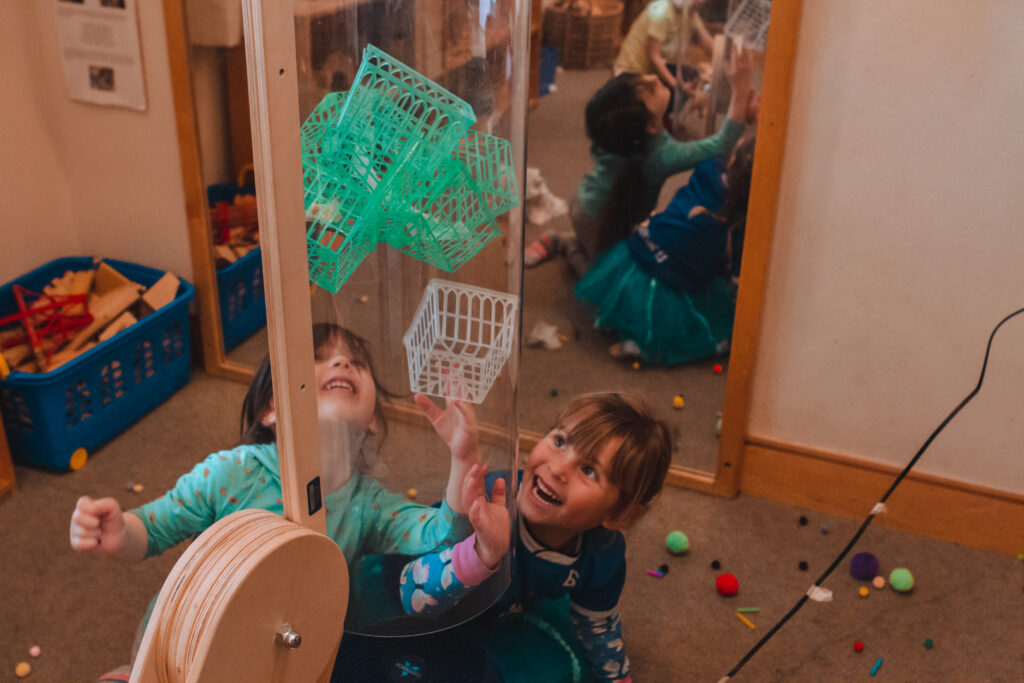
Preschool
Student Parent:
$4.49 – $7.51
Non-Student Parent:
$9.75
Our primary goal is to assist student parents attain their educational goals by providing appropriate care for their young children in a high-quality, convenient and affordable educational setting.

Our educational philosophy draws upon a variety of educational approaches to support each child’s optimum growth and development as well as make children’s learning visible.
To meet the needs of student parents, we are open year-round from 7:30 AM to 5:00 PM, Monday through Friday, and offer full and part-time childcare schedules. We operate four programs throughout the year to match the University’s four enrollment periods for fall and spring semesters and winter and summer sessions.

Childcare tuition is determined by using a sliding scale fee chart that considers student status, family size and income. Tuition is a contractual agreement calculated on a semester basis, and fee charts are reviewed and revised annually by the BOD. Current rates are approximately as follows:

Student Parent:
$6.06 – $10.14
Non-Student Parent:
$13.17

Student Parent:
$5.56 – $9.30
Non-Student Parent:
$12.08

Student Parent:
$4.49 – $7.51
Non-Student Parent:
$9.75
Low-income parents may qualify for part-time subsidized childcare through the Center’s two current federal and state grants: Child Care Access Means Parents in School (CCAMPIS) and the State Preschool Program. CCAMPIS funds are provided through a grant with the U.S. Department of Higher Education and are intended to help low-income undergraduate parents of infants and toddlers earn a college degree.
State Preschool funds are provided to help parents from low-income families prepare their preschooler for kindergarten by providing their child with part-time childcare in a high-quality early childhood education program. Low-income parents may also be eligible for outside agency funding. To learn more about these programs you can contact our Office Manager.
The Center is divided into two programs: Infant-Toddler and Preschool. The Infant-Toddler program has six classrooms for children between the ages of 4 months to 3 years. The Preschool program has three classrooms for children 3-5 years of age. Group size and adult:child ratios are key determinants of quality caregiving. Our ratios and group size adhere to NAEYC accreditation standards and exceed State licensing regulations.
1:3
6 Infants
1:4
8 Toddlers
12 – 23 Months Old
Rooms 2 & 3
1:5
12 2-Year-Olds
23 – 35 Months Old
Rooms 5 & 6
1:8
Preschool
3 – 5 Years Old
Rooms 7, 8 & 9
Meet Our Team
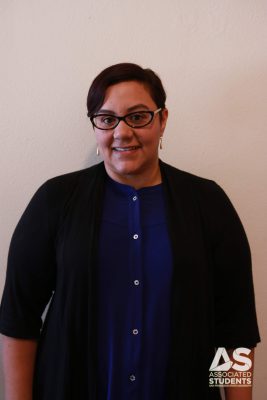
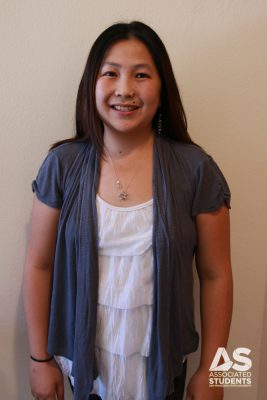
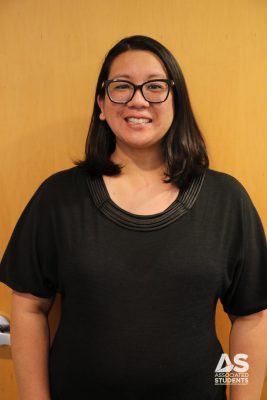
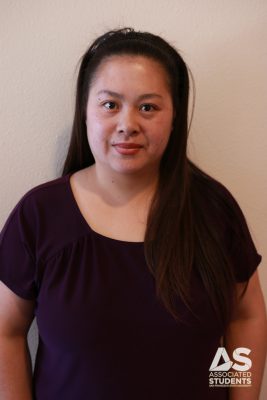


USDA Nondiscrimination
In accordance with Federal law and U.S. Department of Agriculture (USDA) civil rights regulations and policies, this institution is prohibited from discriminating on the basis of race, color, national origin, sex, religious creed, disability, age, political beliefs, or reprisal or retaliation for prior civil rights activity.
To file a program discrimination complaint, a complainant should complete a Form AD 3027, USDA Program Discrimination Complaint Form (PDF, 293 KB), which can be obtained online, from any USDA office, by calling (866) 632-9992, or by writing a letter addressed to USDA. The letter must contain the complainant’s name, address, telephone number and a written description of the alleged discriminatory action in sufficient detail to inform the Assistant Secretary for Civil Rights (ASCR) about the nature and date of an alleged civil rights violation. The completed AD-3027 (PDF, 293 KB) form or letter must be submitted to USDA by:
mail:
U.S. Department of Agriculture
Office of the Assistant Secretary for Civil Rights
1400 Independence Avenue, SW
Washington, D.C. 20250-9410; or
fax: (833) 256-1665 or (202) 690-7442;
email: program.intake@usda.gov for inquiries related to discrimination complaints based on issues with USDA programs, access or equal opportunity.
For all SNAP related eligibility question/forms, please contact SNAP Eligibility
or local SNAP office – FNS State Directory
USDA is an equal opportunity provider.
Education & Referral Organization for Sexuality
Richard Oakes Multicultural Center